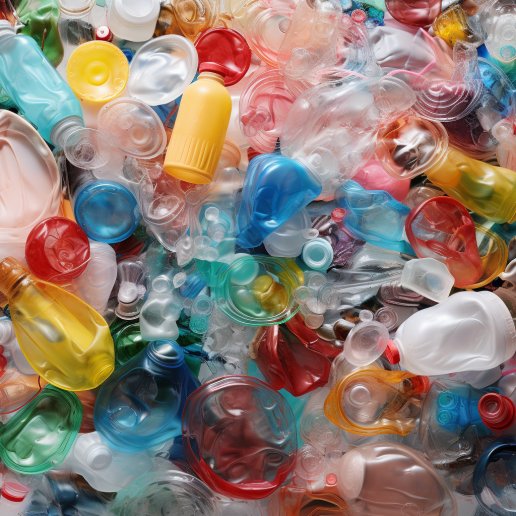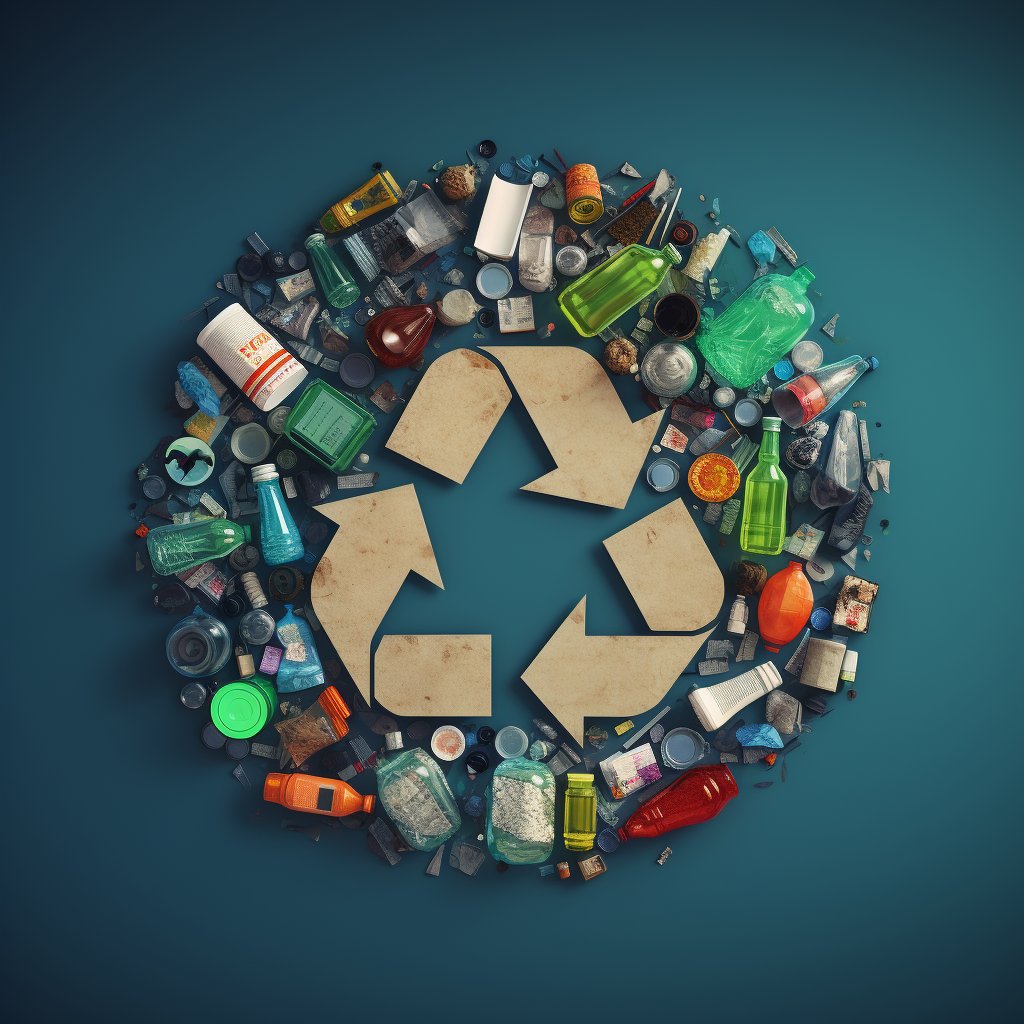Plastic packaging is vital in preserving food quality and extending shelf life. However, the widespread use of plastics has led to significant environmental problems, including plastic pollution and the depletion of natural resources. Recycled plastics have gained momentum in recent years. The FDA has established regulations and guidelines for the use of recycled plastics in food packaging to ensure the safety and quality of products.
In recent years, there has been a growing concern about the impact of plastics on the environment. As a result, the recycling industry has become more crucial in mitigating the damage caused by plastics. Recycling plastics can help reduce waste, conserve resources, and decrease greenhouse gas emissions. In the United States, the Food and Drug Administration (FDA) is responsible for regulating the use of recycled plastics in food packaging.

Industrial Usage:
Recycling plastic for food packaging is a complex process requiring compliance with FDA regulations. The industrial use of recycled plastics in food packaging has been increasing, primarily due to cost and environmental sustainability advantages. The use of recycled plastics in food packaging can reduce the amount of plastic waste going to landfills and decrease the amount of new plastic being produced.
Application Areas:
Recycled plastics can be used in various food packaging applications, such as bottles, containers, and films. For example, recycled PET (polyethene terephthalate) is used to make food containers, while recycled HDPE (high-density polyethene) is used to make milk jugs. The use of recycled plastics in food packaging is also seen in the fast-food industry, where takeout containers and cups are commonly made from recycled plastic.
Consumer Product Examples:
Various examples of consumer products use recycled plastics in food packaging. Nestlé has started using recycled plastic for its water bottles. On the other hand, Coca-Cola has pledged to use recycled plastic in all products by 2030. These initiatives show how major companies recognise the importance of using recycled plastic and making changes to improve their sustainability.
Material Properties:
Recycling plastic can lead to changes in material properties. These changes may affect the suitability of recycled plastic for certain food packaging applications. Therefore, the FDA has set specific requirements for the use of recycled plastics in food packaging. These requirements include the type of plastic that can be used, the level of impurities allowed, and the manufacturing process used to produce the recycled plastic.
Future Trends in Recycling:
In recent years, there has been a growing interest in the development of new technologies for recycling plastics. These technologies aim to increase the efficiency of the recycling process and improve the quality of recycled plastics. One of these technologies is chemical recycling, which breaks down plastic into its chemical components for reuse. Another trend is the use of biodegradable plastics, which can decompose naturally without causing harm to the environment. These trends show how the recycling industry continuously evolves to meet the demands of a more sustainable future.
Market Price Developments:
Market price developments influence the use of recycled plastics in food packaging. The price of virgin plastics is generally lower than recycled plastics, making it challenging for companies to justify using recycled plastics. However, as the demand for sustainable packaging increases, the cost of recycled plastics may become more competitive. The price of recycled plastics can also be influenced by supply and demand factors, as well as the cost of the recycling process.
Global Impact:
The use of recycled plastics in food packaging has a global impact. According to a report by the Ellen MacArthur Foundation, only 14% of plastic packaging is collected for recycling globally. This means that a large portion of plastic waste ends up in landfills or the environment, contributing to pollution and other environmental issues. The use of recycled plastics in food packaging can help reduce the amount of plastic waste and promote sustainability. However, it is essential to ensure that recycled plastics do not compromise food safety or consumer health.
Environmental Impact:
The environmental impact of plastic waste is a global concern. The use of recycled plastics in food packaging can help reduce the amount of plastic waste in the environment. Recycled plastics require less energy to produce than virgin plastics, and they also reduce the need for new plastic production. By reducing the amount of plastic waste, the use of recycled plastics can also help reduce the carbon footprint associated with plastic production and disposal.
Economic Impact:
The economic impact of using recycled plastics in food packaging can vary depending on factors such as market price developments, supply and demand, and the cost of recycling. In some cases, using recycled plastics can be more cost-effective than virgin plastics, especially if government incentives or regulations are promoting the use of recycled plastics. However, in other cases, the cost of recycled plastics may be higher, making it more challenging for companies to justify using them.
The economic impact of using recycled plastics also extends to the recycling industry. The demand for recycled plastics creates opportunities for recycling companies, promoting job growth and economic development. Developing new technologies and innovations in recycling can also create new opportunities for the recycling industry.

Environmental and Global Impact of FDA – Use of Recycled Plastics in Food Packaging:
Using recycled plastics in food packaging can have significant environmental and global impacts. It can reduce the amount of plastic waste in the environment, conserve natural resources, and reduce energy consumption. However, the global impact of using recycled plastics in food packaging depends on factors such as market price developments, supply and demand, and the cost of recycling.
In addition, using recycled plastics in food packaging can positively impact the recycling industry, promoting job growth and economic development. Developing new technologies and innovations in recycling can also create new opportunities for the recycling industry.
Recycled Plastics in Food Packaging:
The use of recycled plastics in food packaging is becoming increasingly prevalent, and the FDA has established guidelines and regulations to ensure the safety and quality of these products. With its industrial applications, consumer product examples, and material properties, recycled plastics offer a promising solution to the environmental problems associated with plastic waste. While there are some challenges to overcome, including the economic feasibility and consumer education, the benefits of using recycled plastics are undeniable. By working together towards a sustainable future, we can create a world where food safety and environmental protection go hand in hand.
Using recycled plastics in food packaging is becoming increasingly important in promoting sustainability and reducing waste. The FDA has set specific regulations for using recycled plastics in food packaging to ensure that they are safe for human consumption. As the industry continues to evolve, new technologies and trends are emerging to improve the efficiency and quality of the recycling process. By embracing these changes, we can work towards a more sustainable future for both the plastics industry and the environment.







